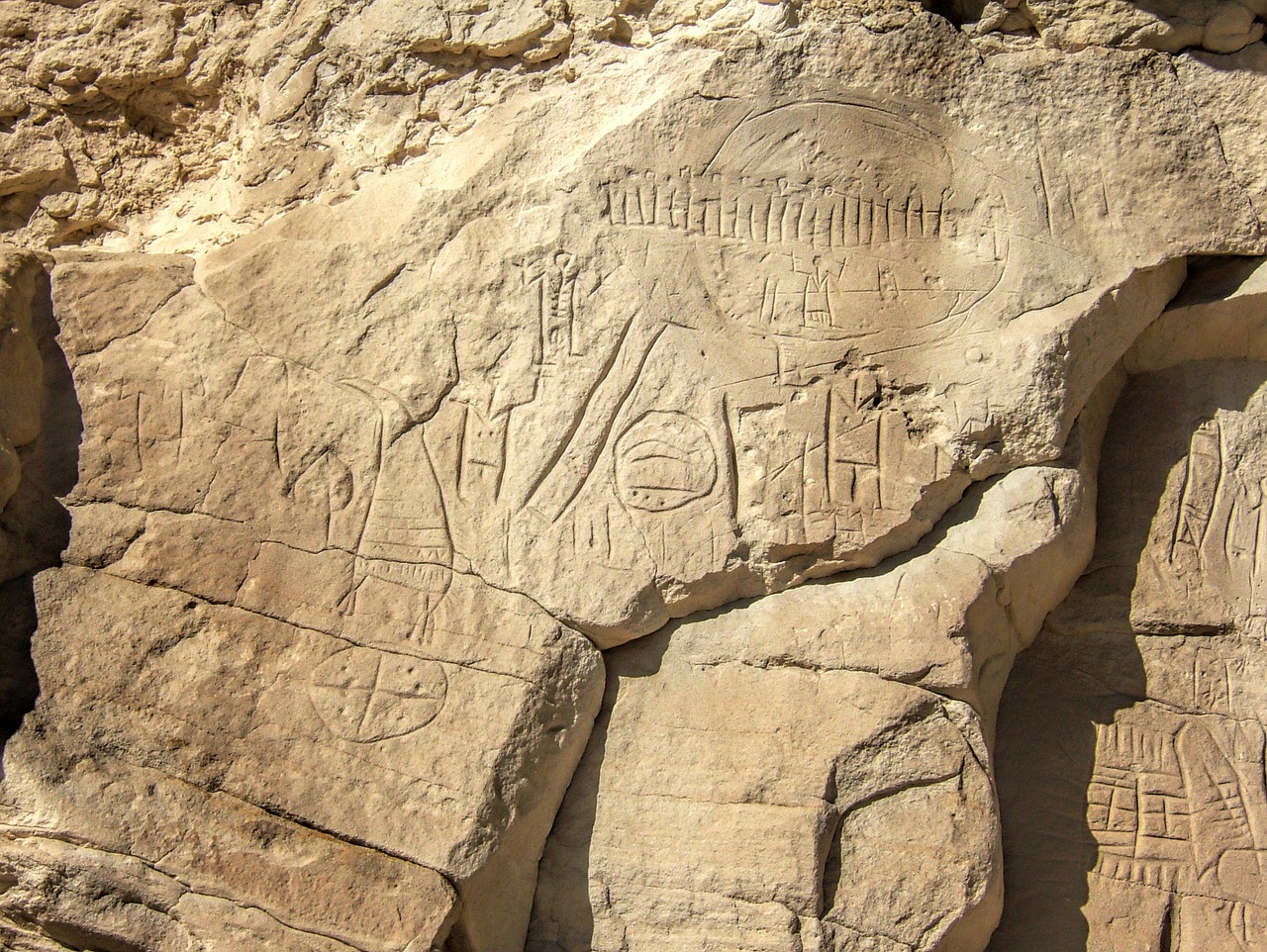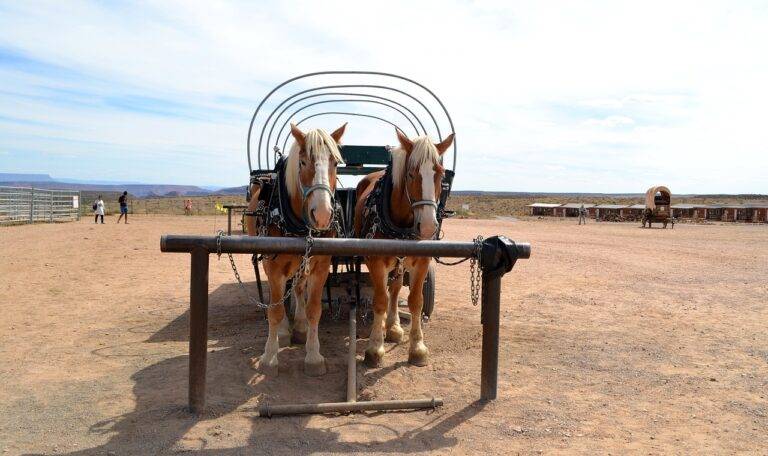Assessing the Impact of Supreme Court Buckley v. Valeo Decision on Campaign Finance: Tigerexchange 247.com, Golden 77.com, Sky 99 exch com login
tigerexchange 247.com, golden 77.com, sky 99 exch com login: The Supreme Court decision in Buckley v. Valeo has had a significant impact on campaign finance in the United States. The ruling, handed down in 1976, has shaped the landscape of political fundraising and spending for decades to come. In this article, we will assess the implications of this landmark decision and explore how it has influenced the way elections are financed.
Background of Buckley v. Valeo
Buckley v. Valeo was a pivotal case that dealt with the constitutionality of certain provisions of the Federal Election Campaign Act (FECA) of 1971. The Supreme Court’s decision in this case established the framework for campaign finance regulation in the United States. The Court upheld limits on individual contributions to candidates and political committees but struck down limits on independent expenditures by individuals and groups.
Implications of the Decision
One of the key implications of the Buckley v. Valeo decision was the distinction between contributions and expenditures in campaign finance law. The Court ruled that limits on contributions to candidates were constitutional because they prevent corruption or the appearance of corruption. However, limits on independent expenditures were considered a violation of the First Amendment right to free speech.
The decision also opened the floodgates for outside spending in elections. Independent groups, such as Super PACs, are now able to spend unlimited amounts of money on political campaigns, as long as they do not coordinate with candidates or political parties.
Impact on Elections
The Buckley v. Valeo decision has had a profound impact on how elections are funded in the United States. Candidates and their supporters can now raise and spend vast sums of money to influence the outcome of elections. This has led to concerns about the influence of wealthy donors and special interests in the political process.
Furthermore, the rise of Super PACs and other outside spending groups has made it difficult to regulate the flow of money in elections. These groups can spend unlimited amounts of money on ads and other campaign activities, often without disclosing their donors.
Future Implications
As the influence of money in politics continues to grow, there are calls for reform to address the impact of the Buckley v. Valeo decision. Some advocates argue for overturning the decision and reinstating limits on independent expenditures. Others call for greater transparency and disclosure of campaign contributions.
Overall, the Buckley v. Valeo decision has shaped the way elections are financed in the United States. It has allowed for increased spending by candidates and outside groups, leading to concerns about the influence of money in politics. As the debate over campaign finance reform continues, the legacy of this landmark decision will continue to be felt in the years to come.
FAQs
Q: What was the Supreme Court’s decision in Buckley v. Valeo?
A: The Supreme Court upheld limits on individual contributions to candidates and political committees but struck down limits on independent expenditures by individuals and groups.
Q: How has the Buckley v. Valeo decision influenced campaign finance in the United States?
A: The decision has allowed for increased spending by candidates and outside groups, leading to concerns about the influence of money in politics.
Q: What are some proposed reforms to address the impact of the decision?
A: Some advocates call for overturning the decision and reinstating limits on independent expenditures, while others advocate for greater transparency and disclosure of campaign contributions.







